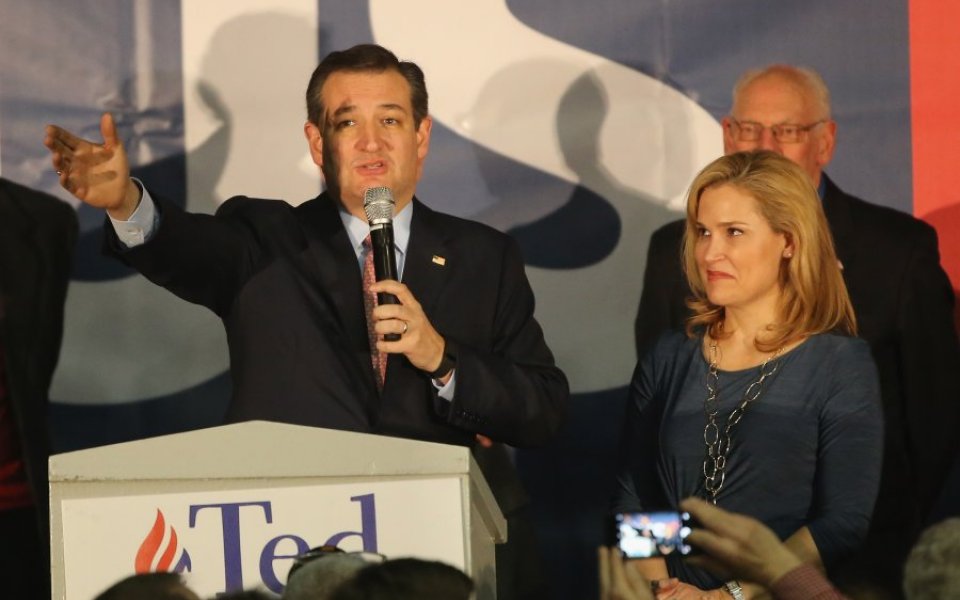After Ted Cruz won Iowa, is this the beginning of the end for Donald Trump’s presidential campaign?

Ellen Carmichael, president of The Lafayette Company, says Yes.
Because Donald Trump’s campaign is self-financed, he has the potential to continue much further in the primary calendar. But I have long said I do not believe he’ll end up as the Republican nominee, as second and third tier candidates drop out and consolidate behind senator Marco Rubio and senator Ted Cruz. On Monday night, Trump was visibly devastated, aware that his poor showing in Iowa did not bode well for his future prospects in other states. With so many conservatives simply refusing to vote for him – and that fact being confirmed by fewer than one in four Iowans caucusing for him in a state he was supposed to win by a large margin – it’s becoming increasingly apparent that Trump has alienated the vast majority of Republican voters and done virtually nothing to actually develop some semblance of a campaign machine to turn out what few supporters he has. He might stay in the race, but it won’t be to win.
Andrew Sabisky, a writer and independent research worker, says No.
Iowa was always going to be an uphill battle for Donald Trump. Its socially conservative primary electorate was perhaps somewhat unlikely to back the thrice-married, high-living billionaire. Whenever Trump led in the Iowan polls, it was always by far smaller margins than anywhere else in the country. Yet Iowa has shown that Trump’s actual support is very close to that which the polls predicted, and the polling in almost all other states has him leading by huge margins. If his support holds up over the next week and he wins by a convincing margin in New Hampshire, the loss in Iowa will soon be forgotten, just as it was for Mitt Romney back in 2012. It is also unlikely (a probability of about 25 per cent) that establishment support can totally coalesce around senator Marco Rubio in just a week, which is what it would take to overturn Trump’s average 20-point New Hampshire poll lead.